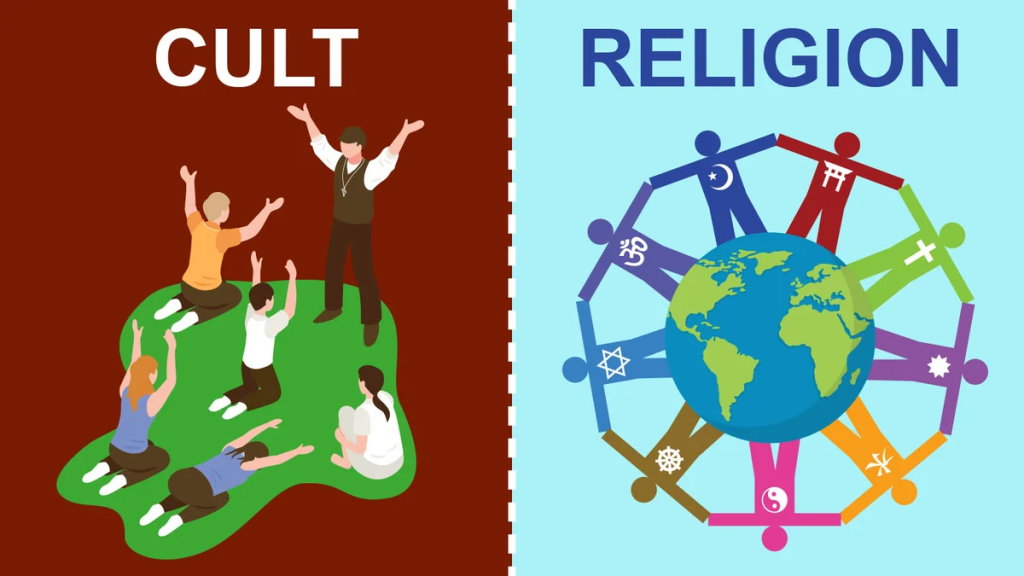Bangkok. I understand that one should not speak poorly of another’s faith, but I am very familiar with Soka Gakkai and believe it to be more cult than religion. I first learned about Soka Gakkai from our host family maid in Tokyo in the 1980’s to my musician housemates in Brooklyn in the 1990’s. I find it to be a cult hellbent on raising funds from those least able to afford it, hiding behind a global fade of international peace, and interfering in the domestic politics of Japan. I have great respect for Buddhism, ‘but this ain’t it.’

Soka Gakkai (創価学会, “Value-Creation Society”) is a Japanese Buddhist religious movement based on the teachings of the 13th-century Japanese priest Nichiren as taught by its first three presidents Tsunesaburō Makiguchi, Jōsei Toda, and Daisaku Ikeda. It is the largest of the Japanese new religions and claims the largest membership among Nichiren Buddhist groups. The organization bases its teachings on Nichiren’s interpretation of the Lotus Sutra and places chanting Nam Myōhō Renge Kyō at the center of devotional practice. The organization promotes its goals as supporting “peace, culture, and education.”

Soka Gakkai members form a human pyramid in Rio de Janeiro, 2011.
The group was disbanded during the Second World War when much of the leadership was imprisoned for violations of the 1925 Peace Preservation Law and charges of lèse-majesté. After the war, it expanded to a claimed total of 750,000 households in 1958 through explosive recruitment. Further expansion was led by its former third president Daisaku Ikeda. According to its own account, has 11 million members in 192 countries and territories around the world.
Religion and politics are not supposed to mix, but they do–legally–in Japan. Komeito, a political party closely aligned with Soka Gakkai and founded by elements of its lay membership, entered a coalition agreement with the Japanese Liberal Democratic Party in 1999 and is currently a junior partner in government.
The belief of the Soka Gakkai centers on recognizing that all life has dignity with infinite inherent potential; this immanent Buddhahood exists in every person and can be awakened through the Buddhist practice prescribed by Nichiren. They believe a person’s social actions at every moment can lead to soka, or the creation of value (the theory of the interdependence of life). Societal change is facilitated through “human revolution,” a way of living in the world that creates value.

Chanting the words Nam-myoho-renge-kyo (also called Daimoku) is the main practice of the organization. Believers of the organization chant these words reputed to change their lives, including the natural environments in which they live. They say an internal change that serves as the motivator for external social change.
Soka Gakkai members believe that chanting releases the power of the universal life force inherent in life. For some members, chanting for material benefits is a first step toward realizing the ultimate goal of Buddhahood.
Soka Gakkai, excommunicated from Nichiren Shoshu in 1991, has a custom of chanting excerpts from the Lotus Sutra. Soka Gakkai members, like the sect, receive the Gohonzon and place it on a unique altar called “Gakkai-Yo,” and perform the service facing it. It can be substituted for the installation of a Buddhist altar. Soka Gakkai’s expansion methods have been seen as controversial. The reason for propagation, as explained by Josei Toda, is “not to make the Soka Gakkai larger but for you to become happier … There are many people in the world who are suffering from poverty and disease. The only way to make them really happy is to (Soka Gakkai) to them.”
I have seen many people, including many friends, who have attempted to ‘chant their way to happiness and success‘ and go broke trying. I have witnessed that Soka Gakkai is a cult and I resent Interfaith attempts to channel it into the mainstream of world religion.




